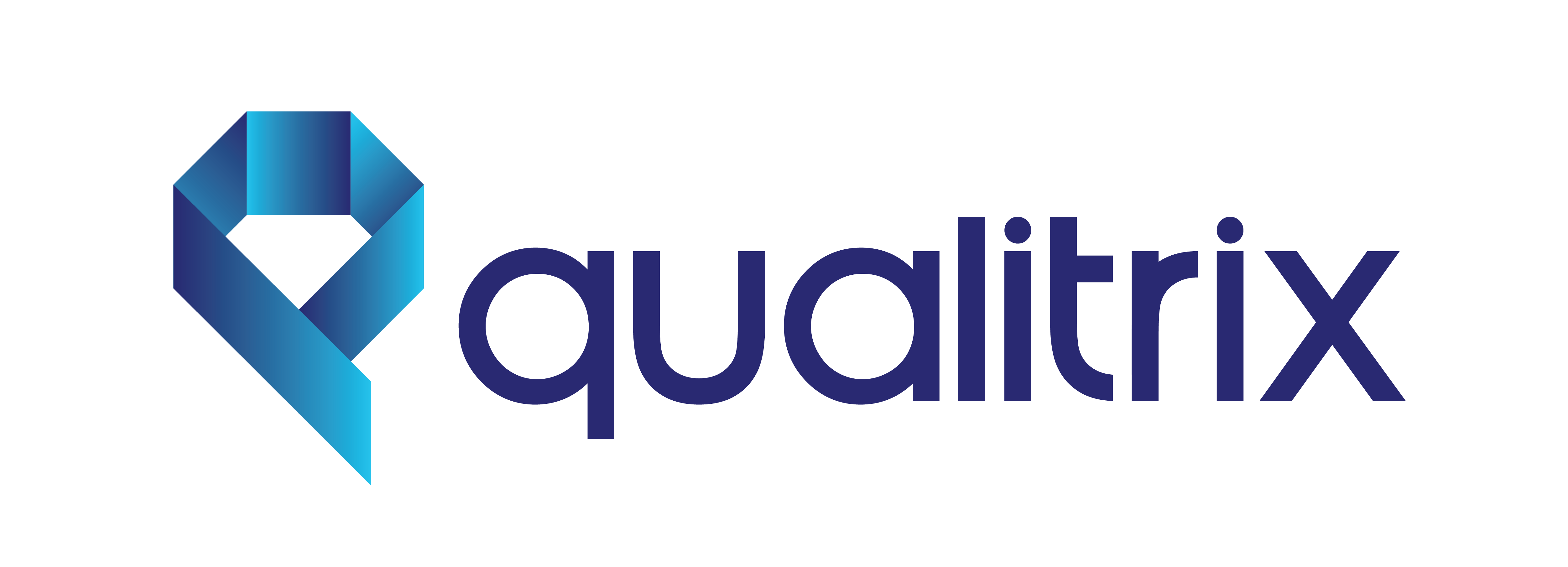Introduction
Agile and DevOps methodologies have become synonymous with the rapid and efficient delivery of software in today’s dynamic and competitive landscape. However, their success hinges on the seamless integration of quality assurance practices and robust test automation frameworks. In this blog, we will explore how Test Automation and QA play pivotal roles in supporting Agile and DevOps methodologies, ensuring accelerated delivery cycles without compromising on software quality.
Agile Methodology: Embracing Flexibility and Collaboration
1. Iterative Development and Continuous Feedback
Role of Test Automation and QA: Agile development relies on iterative cycles and continuous feedback. Test Automation and QA contribute by ensuring that testing is an integral part of each iteration. Automated tests provide rapid feedback to development teams, allowing them to identify and rectify issues promptly.
2. Collaboration Across Cross-Functional Teams
Role of Test Automation and QA: Agile emphasizes cross-functional collaboration. QA teams, embedded within Agile teams, work closely with developers, product owners, and other stakeholders. Test Automation facilitates communication by providing a shared language through automated test scripts that developers and QA professionals can collaborate on.
3. Dynamic Requirement Changes
Role of Test Automation and QA: Agile projects often witness dynamic changes in requirements. Test Automation enables QA teams to adapt quickly by automating test cases that can be easily modified to accommodate evolving requirements. This flexibility ensures that testing keeps pace with the iterative nature of Agile development.
4. Continuous Integration (CI)
Role of Test Automation and QA: CI is a cornerstone of Agile development. Test Automation plays a crucial role in CI by automating the execution of tests whenever code changes are made. This ensures that any integration issues are identified and addressed early in the development process, facilitating a continuous and smooth integration process.
DevOps Methodology: Bridging Development and Operations
1. Continuous Testing
Role of Test Automation and QA: In a DevOps environment, testing must be continuous to keep up with the rapid pace of development. Test Automation enables continuous testing, ensuring that each code change is rigorously tested across various environments, reducing the likelihood of defects reaching production.
2. Collaboration Between Development and Operations
Role of Test Automation and QA: DevOps encourages collaboration between development and operations teams. Test Automation and QA serve as a common ground, fostering collaboration by providing shared testing processes and automated test scripts that can be leveraged by both teams.
3. Continuous Deployment (CD)
Role of Test Automation and QA: CD, a key tenet of DevOps, involves automating the deployment process. Test Automation ensures that the testing phase is not a bottleneck in the deployment pipeline. Automated tests provide the confidence to deploy frequently, knowing that the software has undergone thorough testing.
4. Rapid Feedback Loops
Role of Test Automation and QA: DevOps thrives on rapid feedback loops. Test Automation contributes by providing quick feedback on the quality of code changes. Automated tests, integrated into the CI/CD pipeline, offer immediate insights into whether a code change meets the required quality standards.
Synergies Between Agile, DevOps, and Test Automation
1. Automation of Repetitive Tasks
Synergy: Agile and DevOps emphasize the automation of repetitive tasks. Test Automation complements these methodologies by automating regression testing, allowing teams to focus on more complex and value-driven testing activities.
2. Shift-Left Testing Practices
Synergy: Both Agile and DevOps advocate for shifting testing left in the development process. Test Automation supports this by providing tools and frameworks for early integration of testing, ensuring that defects are identified and resolved early in the development lifecycle.
3. Continuous Improvement and Learning
Synergy: Agile and DevOps promote a culture of continuous improvement. Test Automation facilitates this by providing metrics and insights into testing processes, allowing teams to identify areas for improvement and optimize testing practices continuously.
4. Cross-Functional Collaboration
Synergy: Cross-functional collaboration is a shared principle of Agile, DevOps, and Test Automation. Test Automation tools and frameworks serve as a common ground, fostering collaboration between developers, QA professionals, and operations teams.
Tools Facilitating Agile and DevOps Testing Practices
1. Jenkins:
Role: Jenkins is a popular open-source CI/CD tool that automates the building, testing, and deployment of code changes.
Significance: Jenkins plays a crucial role in implementing continuous integration and continuous deployment, ensuring that testing is an integral part of the development pipeline.
2. Docker:
Role: Docker is a containerization platform that allows applications to be packaged with their dependencies.
Significance: Docker facilitates consistent environments for testing, ensuring that the testing environment mirrors the production environment, contributing to more reliable and accurate testing.
3. Jira:
Role: Jira is a widely used project management and issue tracking tool.
Significance: Jira facilitates collaboration by providing a centralized platform for managing Agile boards, sprints, and backlog items, ensuring that testing activities are aligned with development goals.
4. Selenium Grid:
Role: Selenium Grid allows parallel execution of Selenium tests across different machines and browsers.
Significance: Selenium Grid supports the parallelization of tests, a crucial aspect of Agile and DevOps testing practices, enabling faster feedback on the quality of code changes.
Conclusion: A Symbiotic Relationship
In conclusion, the symbiotic relationship between Agile, DevOps, and Test Automation is instrumental in achieving the goals of rapid, reliable, and high-quality software delivery. Test Automation and QA serve as enablers, supporting the principles and practices of Agile and DevOps methodologies. As organizations continue to embrace the agility and efficiency afforded by these methodologies, the role of Test Automation and QA will remain pivotal in ensuring that software meets user expectations while keeping pace with the ever-evolving landscape of technology. By understanding the nuances and synergies between these methodologies and leveraging appropriate tools, organizations can forge a path towards excellence in software development and delivery.

